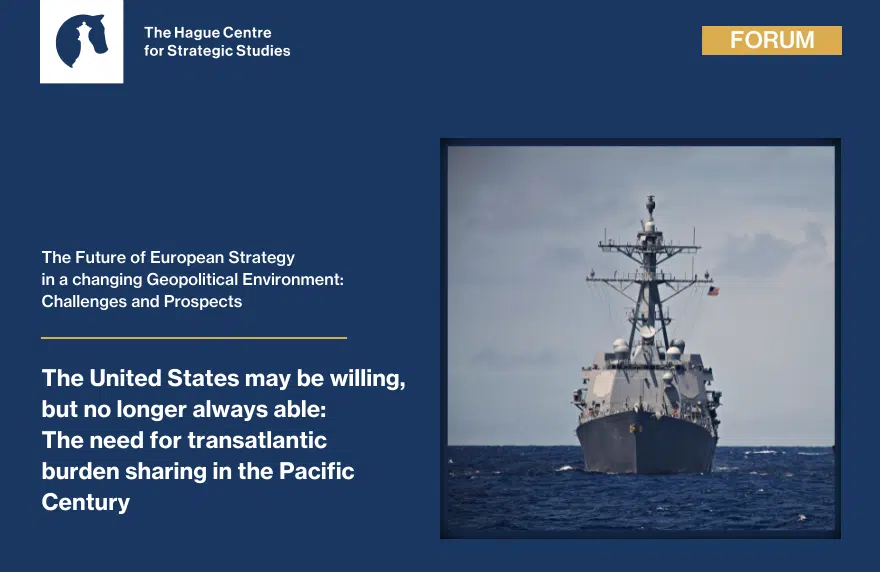Research
Strategic stability refers to the ability of states to interact during crises without escalating diplomatic and conventional military disputes to the use of nuclear weapons. This essay by Giles David Arceneaux (University of Colorado) evaluates the effects of nuclear command and control systems on strategic stability in crisis scenarios.
Command and Control systems for nuclear weapons face a fundamental problems known as the always/never dilemma. The always/never dilemma holds that nuclear weapons should always launch when ordered, but never without proper authorisation. This essay argues that states with command and control systems that delegate the ability to use nuclear weapons to lower-level commanders early in a crisis create conditions that endanger strategic stability and risk unintended nuclear escalation. Concerningly, such nuclear command and control arrangements increase the likelihood that nuclear weapons are used in conflict, even if neither side in a crisis formally crosses an established red line beforehand.
This study defines the concept of nuclear command and control, details the challenges that command and control systems pose for strategic stability, identifies challenges to strategic stability emanating from Russia, China and North Korea, and discusses opportunities for policymakers to reinforce strategic stability in those regions. Although nuclear command and control systems are difficult to shape directly, policymakers can promote strategic stability by engaging in near-term efforts to strengthen nuclear deterrence and long-term efforts to achieve limited arms control agreements between countries.
Author: Giles David Arceneaux is an Assistant Professor, Department of Political Science, University of Colorado, Colorado Springs; Rossetti Fellow for Future Conflict, Institute for Future Conflict, United States Air Force Academy; Nonresident Fellow, Eurasia Group Foundation. Email: garcenea@ucss.edu .The views expressed in this piece are those of the author and do not reflect the official policy or position of the U.S. Air Force or U.S. government
This paper is part of HCSS programme on Strategic Stability: Deterrence and Arm Control.
The Strategic Stability: Deterrence and Arm Control paper series is edited by Paul van Hooft and Tim Sweijs.




